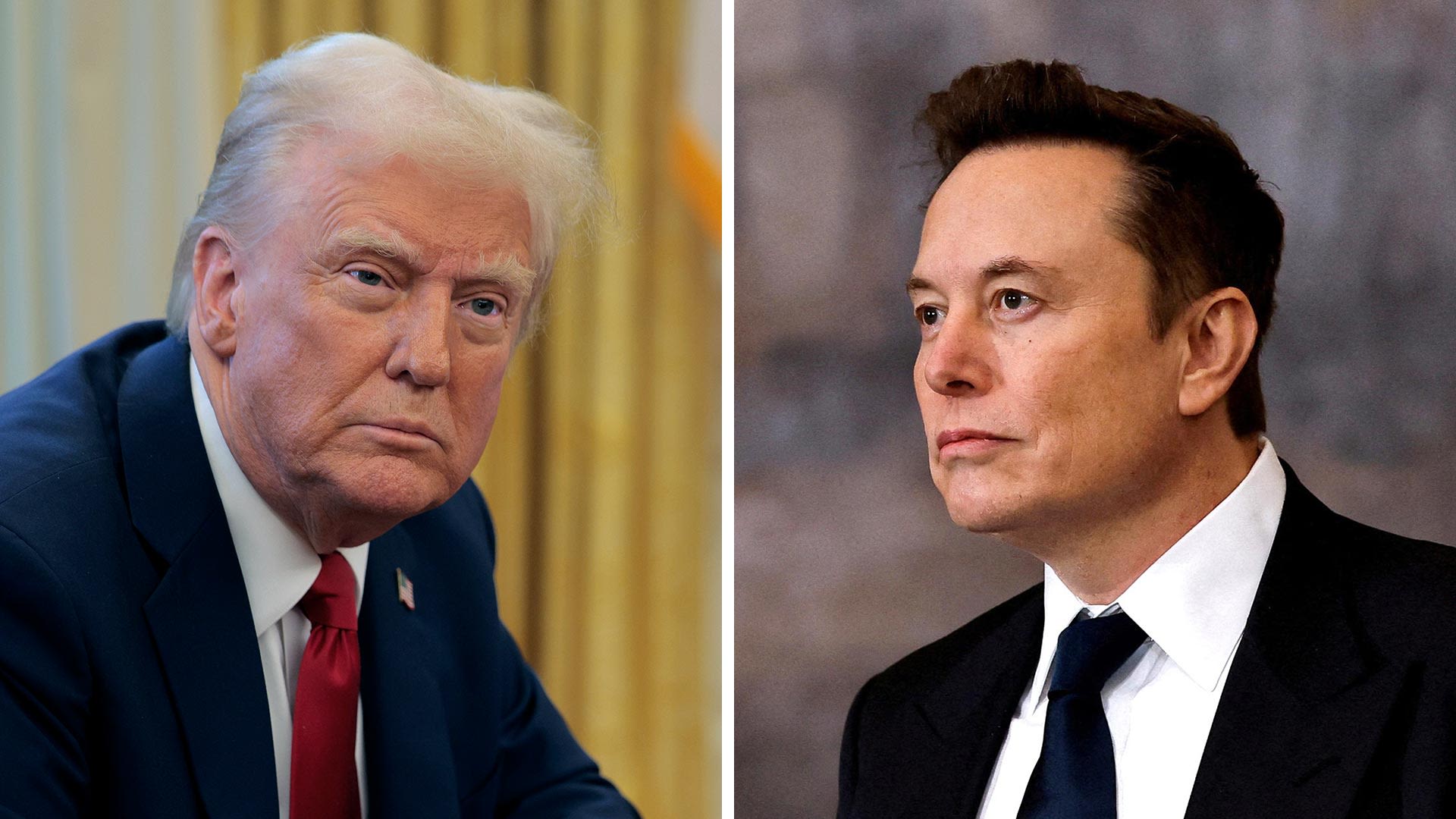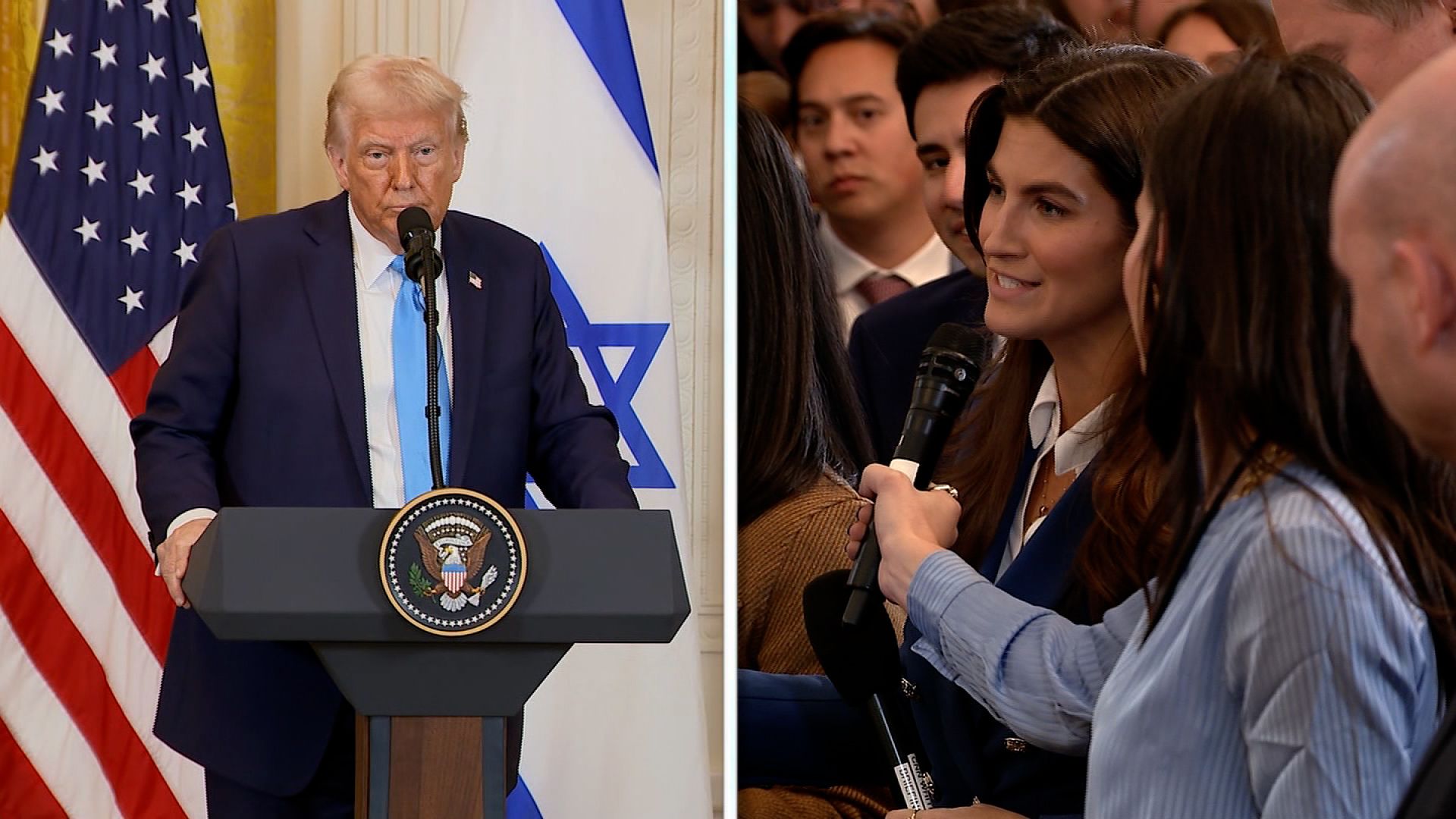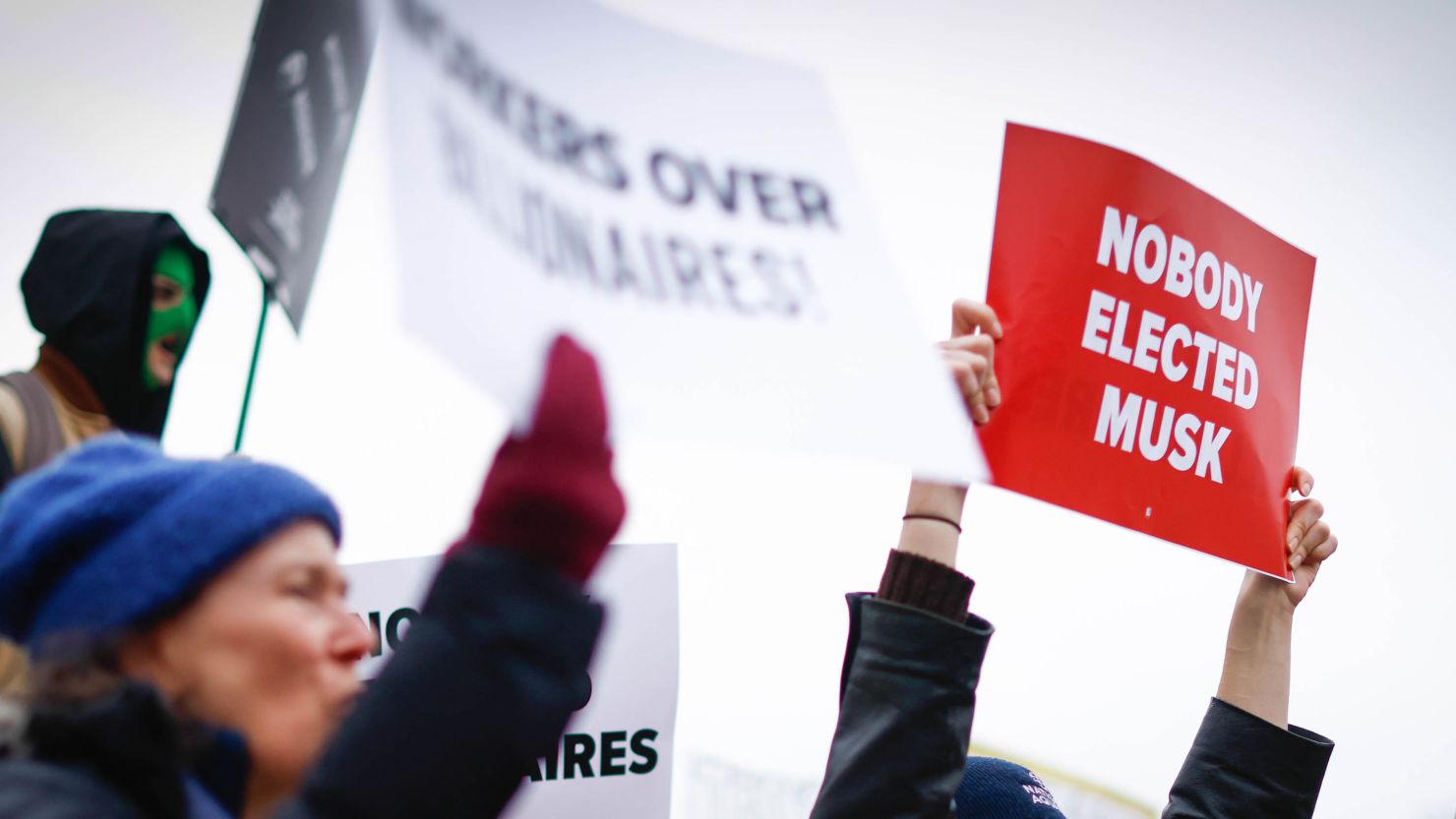Under Garland’s supervision, the Justice Department has brought consequential antitrust cases against some of the largest companies in the United States.
Prosecutors brought a groundbreaking, highly anticipated antitrust lawsuit against Live Nation and Ticketmaster, alleging that the companies abused their dominance in the ticketing industry to harm fans nationwide with confusing and exorbitantly expensive pricing. They also brought a case against Visa, alleging the company was blocking alternative debit cards from entering the market, and against Google over its search engine dominance, which won in court in August.
The department also reinvigorated its civil rights department after a slow in activity during Trump’s first term, particularly by opening several pattern and practice investigations into local police departments, aiming to help root out systemic issues and brutality in policing across the country. The vast majority of those investigations ended in consent decrees, which have agreed-upon improvement targets that will be monitored by a court going forward.
Garland made reproductive rights a focus of the department after the US Supreme Court overturned Roe v. Wade in 2022, quickly announcing a task force focused on identifying ways to protect reproductive rights. The task force was involved in one of the department’s major wins at the Supreme Court – allowing pregnant people to access abortion in emergency situations.
Despite his successes in court, Garland has faced intense public scrutiny from both Democrats and Republicans for his handling of the two prosecutions into Trump.
Republicans chastised Garland for bringing charges against the president-elect, calling the cases politically motivated and unjust. Democrats, for their part, slammed the attorney general for moving too slowly on those same cases, making it impossible for either case to go to trial before the November election – dissension that also exists inside the Justice Department itself too.
The tension on Capitol Hill was especially palpable, including in hearings where Garland was pushed repeatedly to defend the department’s independence. That tension intensified as Trump, now president-elect, doubled down on his assertions that he would order criminal investigations into the career prosecutors who investigated him.
Garland never directly addressed those assertions, but slammed efforts to turn the Justice Department into a “political weapon.”
Other officials inside the department described Garland as working to insulate career employees from the political firestorm he faced. One DOJ official told CNN that Garland would regularly invite members of his staff to his house for a home cooked meal to thank them for their work, noting that Mrs. Garland made “delicious” quiche.
Two other department employees noted that every year for Halloween, the attorney general would sign emails with different holiday-themed monikers. This year it was “Merrick Ghouland.” Last year, “Merrick Boo Garland.”
Bondi expected to take over
As Garland prepares to leave, his would-be successor Pam Bondi has been sitting for her confirmation hearings in the Senate.
Bondi, who helped defend Trump during his first impeachment trial and on the campaign trail, has repeatedly said that her goal is to end the “partisan weaponization” of the Justice Department – a commitment that has sparked partisan debate on Capitol Hill.
She has wide-ranging support within the Republican Party, who say that she will bring an even-handed approach to a department embroiled in politics after the failed prosecutions of Trump. Democrats, however, have used her confirmation hearings to push Bondi to make a commitment that she will not abandon the rule of law to follow Trump’s orders.
“I will not politicize that office,” Bondi told senators Wednesday. “I will not target people simply because of their political affiliation.” She remained vague on legal promises Trump made on the campaign trail, saying that she would look at January 6 pardons on a “case-by-case basis” and that she has not “pre-judged” prosecutors on Trump’s legal cases that he wants to criminally investigate.
Graves, whose office led some of the prosecutions Trump has made the focus of his ire, said that he was “confident” prosecutors who worked on the high-profile investigations would not be criminally charged.
“I tend to think this will all work out once the responsibilities of governing all fall into place,” he said.
Garland, in addressing department staff, most of whom are not political and remain in their jobs despite a changing administration, warned of the importance of remaining independent, saying that the department needs to remain independent “from both the White House and the Congress.”
“We know that only an independent Justice Department can protect the safety and civil rights of everyone in our country,” he said. “And we know that only an independent Justice Department can ensure that the facts and law alone will determine whether a person is investigated or prosecuted.”
“We must understand that there is a difference between what we can do – and what we should do,” he said.



